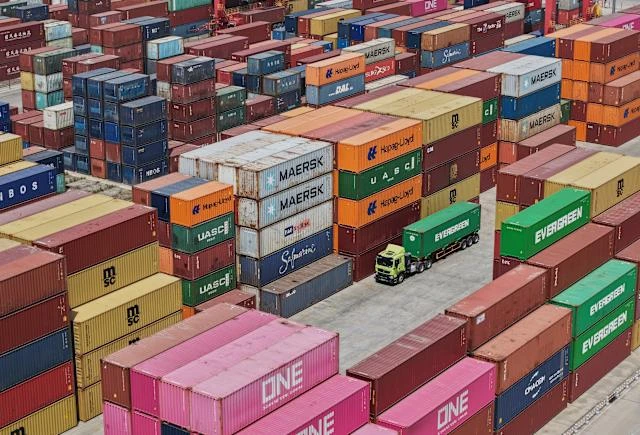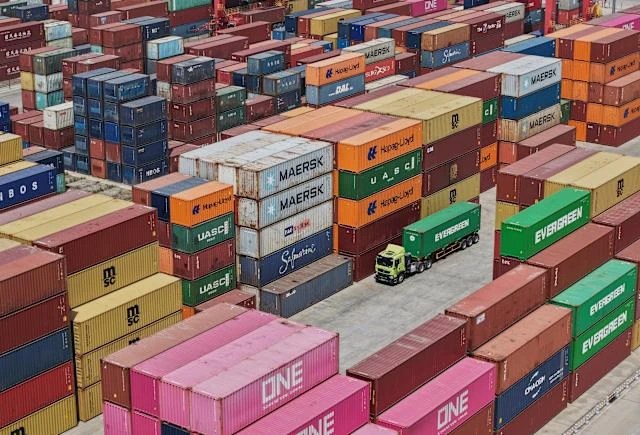The U.S.-Brazil trade relationship has plunged into crisis after former President Donald Trump announced a staggering 50% tariff on all Brazilian imports, effective August 1, 2025. Brazil’s government condemned the move as “economic blackmail,” citing a complete diplomatic breakdown between the two nations. With $27.7 billion in annual Brazilian exports at risk—including critical commodities like oil, steel, and coffee—this abrupt escalation threatens global supply chains and signals a dangerous new phase in the US Brazil trade war.
Escalating Tariffs and Retaliation Threats
The Trump administration justified the tariffs as retaliation against Brazil’s Supreme Court, which barred former President Jair Bolsonaro (a Trump ally) from political office and imposed a judicial gag order restricting his social media activity. U.S. officials accused Brazil of “systematic suppression of free speech,” though they provided no formal evidence.
Brazil responded within hours by activating its Economic Reciprocity Law, authorizing immediate counter-tariffs. President Luiz Inácio Lula da Silva declared: “We negotiate as equals, not as subordinates.” The move follows Brazil’s alignment with South Africa in accusing Israel of genocide at the International Court of Justice—a stance that further strained relations with Washington.
Financial markets reacted violently: Brazil’s currency plummeted 2%, and over $1 billion in foreign capital fled the country in 48 hours—one of the largest short-term outflows in a decade.
Diplomatic Collapse and Sovereignty Clash
Lula’s refusal to engage Trump directly after the tariff announcement exacerbated tensions. Instead, he publicly labeled Trump’s team “enemies of democracy” and accused the U.S. of seeking “imperial control” over Latin America. At a rally in Vale do Jequitinhonha, Lula defiantly stated: “Our oil, gold, and minerals belong to Brazil—no foreign power will lay hands on them.”
Observers note Brazil’s strategic pivot toward China and Russia amid the crisis. Marco Aurelio Garcia, Lula’s foreign policy advisor, confirmed Brazil is exploring restrictions on U.S. profit repatriation—a move that could impact giants like Coca-Cola and Amazon.
Economic Fallout and Global Implications
Brazil’s top exports to the U.S. face existential threats:
Steel ($4.3 billion annually)Aircraft ($3.8 billion)Coffee ($2.1 billion)
The American Chamber of Commerce in Brazil warns of “cascading job losses” in both countries. Meanwhile, Brazil’s Agriculture Ministry projects a 15-20% drop in soybean prices if tariffs persist—a blow to rural states supporting Bolsonaro.
“This isn’t just a trade skirmish; it’s economic mutually assured destruction,” said Celso Amorim, former Brazilian Foreign Minister.
The escalating US Brazil trade war reveals a stark truth: sovereignty battles now define 21st-century geopolitics. With neither leader backing down, businesses face soaring costs, fractured supply chains, and irreversible market damage. For farmers, exporters, and consumers caught in the crossfire, immediate contingency planning is essential. Monitor official updates via the U.S. Trade Representative and Brazil’s Ministry of Economy to mitigate risks.
Must Know
Q: Why did Trump impose 50% tariffs on Brazil?
A: Trump cited Brazil’s judicial actions against ally Jair Bolsonaro, including his political ban and social media restrictions. The U.S. claims these measures violate free speech, though Brazil calls this interference in sovereign affairs.
Q: How will Brazil retaliate economically?
A: Brazil activated its Economic Reciprocity Law, enabling matching tariffs on U.S. goods. Officials also hint at restricting profit repatriation by American companies operating in Brazil.
Q: What U.S. products could Brazil target?
A: Likely candidates include manufactured goods, technology, and agricultural products like wheat and dairy—sectors where Brazil can source alternatives from China or the EU.
Q: How will this impact global trade?
A: Disruptions to Brazil’s $27.7 billion in U.S.-bound exports may spike prices for coffee, aircraft parts, and oil worldwide. Emerging markets face capital flight risks as investors seek stability.
Q: Could this affect Brazil’s climate policies?
A: Yes. Lula may accelerate resource nationalism, favoring deals with China to develop Amazon minerals—potentially weakening environmental safeguards.
Note: This article synthesizes verified reports from Reuters, Bloomberg, and Brazilian Ministry of Economy data. Financial figures reflect 2024 Q1 data.

